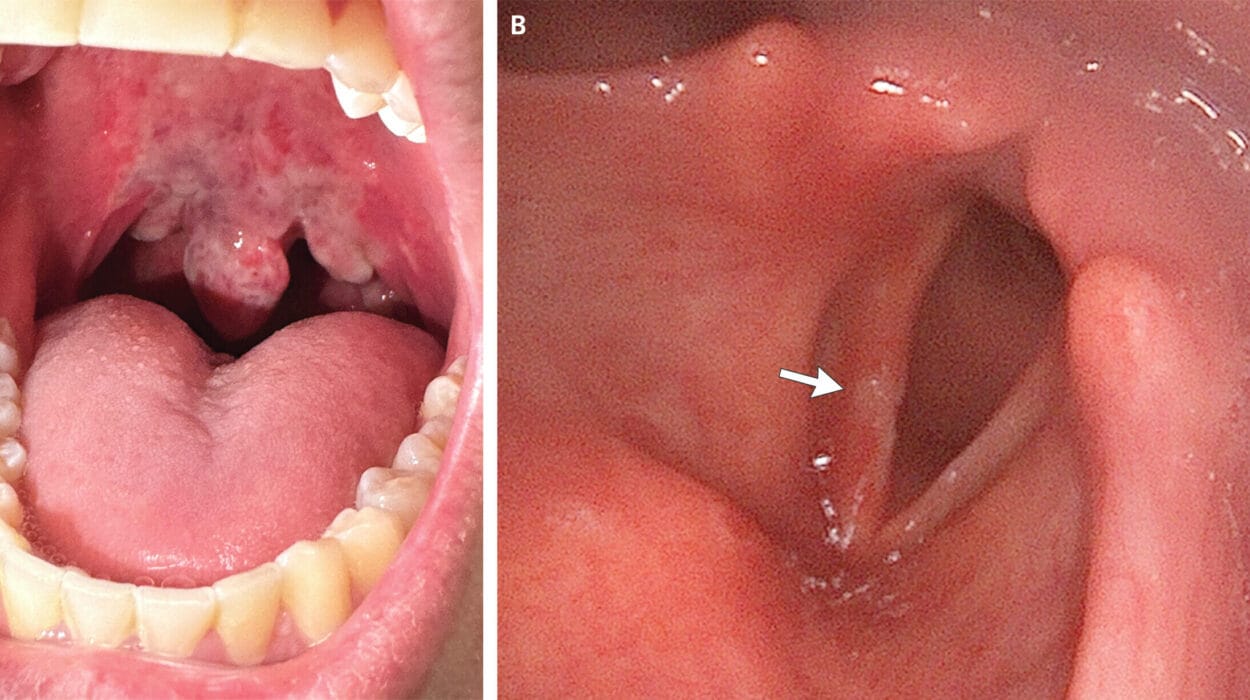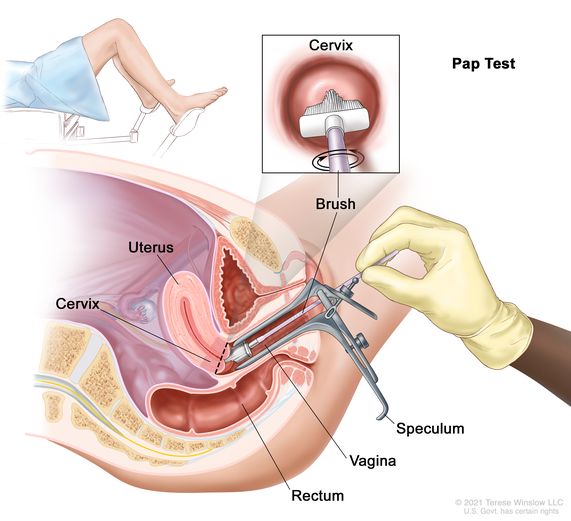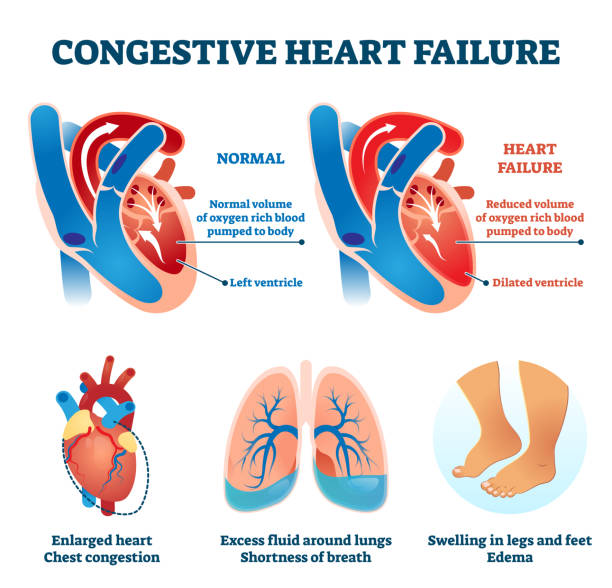In a quiet corner of a lab at the University of Texas Southwestern Medical Center, a group of scientists may have just cracked part of the riddle that has long haunted aging research: how to extend life, even in the face of chronic obesity, without compromising growth or skeletal health.
Their discovery? A single protein, fibroblast growth factor 21—known simply as FGF21—when activated specifically in fat tissue, was able to prolong the lifespan of mice fed a high-fat diet. And not by a few weeks, but by more than 26%, translating to years in mouse time. The findings, published in Cell Metabolism, may reshape our understanding of how fat, metabolism, and aging intersect—and what that could eventually mean for people struggling with obesity worldwide.
Obesity, Aging, and the Silent Crisis
For the more than 35% of Americans over the age of 65 living with obesity, time is not a luxury. The combination of aging and excess weight is a biological pressure cooker. It increases the risk of insulin resistance, fatty liver disease, cardiovascular conditions, and other chronic illnesses that chip away at health and shorten lifespan.
Enter FGF21, a hormone primarily produced by the liver but active across several tissues in the body. For years, FGF21 has intrigued scientists as a master regulator of metabolism. It’s been shown to improve insulin sensitivity, reduce fat buildup in the liver, and activate pathways linked to longevity. But attempts to harness its power in lab animals often came at a cost: stunted growth, bone density loss, and other developmental issues when the hormone was overexpressed from birth.
This time, researchers asked a different question: What if we turned FGF21 on only in adulthood—and only in fat tissue?
Engineering Longevity, One Cell at a Time
To find out, researchers created a special group of genetically engineered mice. These mice were designed with two key genetic switches. One ensured that FGF21 would only activate in fat cells—and only when triggered by doxycycline, an antibiotic mixed into their food. That meant researchers could precisely control when and where the hormone was expressed, avoiding any interference with development.
At 10 to 12 weeks old—adulthood in mouse terms—the mice were placed on a high-fat diet mimicking sustained obesity and fed the doxycycline-laced chow. This combination flipped on FGF21 expression exclusively in fat tissue, including epididymal white fat, subcutaneous white fat, and brown fat depots.
The researchers then stepped back and watched what happened over the next two years.
Living Longer—and Healthier—on a High-Fat Diet
The results were striking. Mice with activated FGF21 in their fat tissue lived a median of 2.225 years, compared to 1.765 years for their unmodified counterparts. A few individuals survived well into their third year—a remarkable age for a laboratory mouse fed a fatty diet.
And it wasn’t just about living longer—it was about living better. These genetically modified mice remained leaner despite eating the same calorie-rich diet. They showed:
- Improved insulin sensitivity
- Lower fasting blood glucose
- Reduced triglyceride and cholesterol levels
- Smaller fat cells
- Less liver fat (steatosis)
- Lower inflammation in visceral fat
Early in life, they also showed more physical activity and higher energy expenditure, suggesting that their metabolism ran hotter and cleaner than that of normal mice.
One of the most promising findings was what didn’t happen. There were no signs of stunted growth, no reduced tibia length, and no measurable bone loss—concerns that had plagued earlier FGF21 experiments. In fact, lean body mass improved relative to fat mass, indicating that these mice weren’t just burning fat—they were preserving muscle.
The Anti-Inflammation Effect: A Deeper Dive
A closer look at their fat tissue revealed something even more exciting. When researchers examined immune cells in the white adipose tissue, they found fewer M1-type pro-inflammatory macrophages—the immune cells typically associated with obesity-related inflammation. At the same time, there was a rise in M2-like anti-inflammatory macrophages, cells that help repair tissue and calm immune responses.
This shift is vital. Chronic inflammation is one of the central threads connecting obesity to diseases like type 2 diabetes, cardiovascular conditions, and even some cancers. FGF21 didn’t just reduce fat—it changed the cellular conversation within fat, dialing down inflammation and improving overall tissue health.
The Ceramide Clue
Adding another layer to the puzzle, the team analyzed ceramides, a type of lipid that builds up in fat tissue and blood during obesity and is linked to insulin resistance and inflammation. In the FGF21 mice, key ceramide species—including C16, C18, C20, C22, and C24:1—were dramatically reduced in both fat and serum.
This reduction persisted even in a separate group of mice genetically altered to lack adiponectin, another hormone involved in fat metabolism, suggesting that FGF21’s benefits might operate independently of other well-known metabolic regulators.
In short: less toxic fat, better cellular balance, and a metabolic system tuned toward survival rather than self-destruction.
Why Fat Tissue? Why Now?
Fat has long had a bad reputation—but in recent decades, scientists have come to understand that it’s more than just storage. Fat is an active endocrine organ, producing hormones, signaling molecules, and immune factors that influence the entire body. Targeting it—especially in the context of obesity—could be a key to managing age-related diseases.
FGF21 seems to turn fat from foe to friend. By flipping genetic switches specifically in adipose tissue, the researchers not only improved health outcomes but extended lifespan—without touching other tissues like the liver or brain.
That’s an important insight for future therapies. Targeted interventions, rather than systemic hormone treatments, may be safer and more effective for real-world use.
What Does This Mean for Humans?
While the results are promising, translating mouse years into human terms isn’t straightforward. A 26% increase in lifespan in mice doesn’t guarantee the same jump in people, and humans are vastly more complex creatures with longer life spans and a multitude of environmental influences.
Still, this study provides a compelling proof of concept. It shows that manipulating hormones like FGF21 in adult fat tissue can have sweeping effects—not only on metabolism but also on inflammation, disease risk, and ultimately, longevity.
It also opens the door to new forms of precision medicine, where gene switches or hormone analogs might be used to fine-tune fat function, slow aging, or protect against diet-induced damage—without the side effects that have limited previous approaches.
A Glimpse of the Future
The fat we carry, long blamed for illness, might one day be engineered into a force for good. What was once an obstacle to health could become a launchpad for longevity.
As the science unfolds, one thing is clear: aging and obesity are no longer immovable fates. They are challenges—ones that, with the right tools, can be met with innovation, biology, and a little help from a humble hormone named FGF21.
Reference: Christy M. Gliniak et al, FGF21 promotes longevity in diet-induced obesity through metabolic benefits independent of growth suppression, Cell Metabolism (2025). DOI: 10.1016/j.cmet.2025.05.011






